Deepak Divan
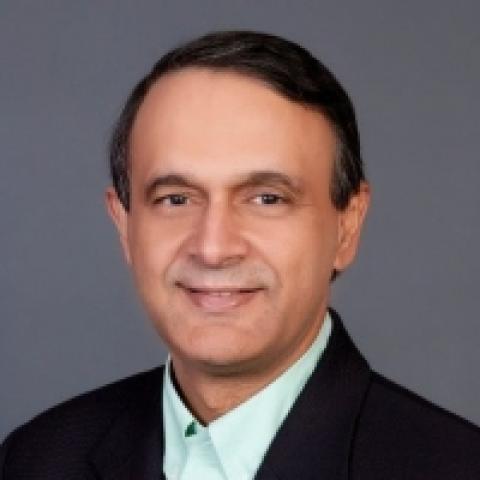

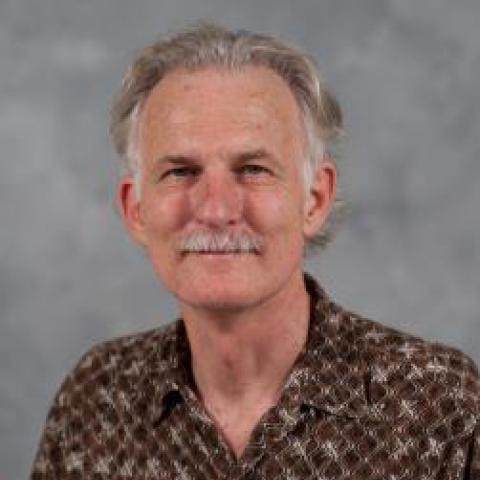
Walter Alexander “Walt” de Heer is a Dutch physicist and nanoscience researcher known for discoveries in the electronic shell structure of metal clusters, magnetism in transition metal clusters, field emission and ballistic conduction in carbon nanotubes, and graphene-based electronics.
De Heer earned a doctoral degree in Physics from the University of California, Berkeley in 1986 under the supervision of Walter D. Knight. He worked at the École Polytechnique Fédérale de Lausanne in Switzerland from 1987 to 1997, and is currently a Regents' Professor of Physics at the Georgia Institute of Technology. He directs the Epitaxial Graphene Laboratory in the School of Physics and leads the Epitaxial Graphene Interdisciplinary Research Group at the Georgia Tech Materials Research Science and Engineering Center.
Electronics; Carbon Nanotubes; Epitaxial Growth; Graphene; Nanomaterials; quantum materials
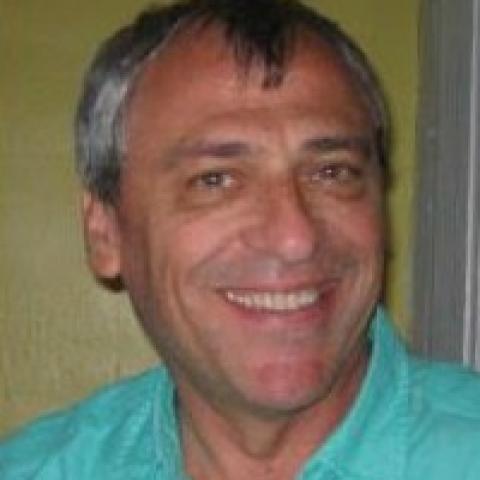
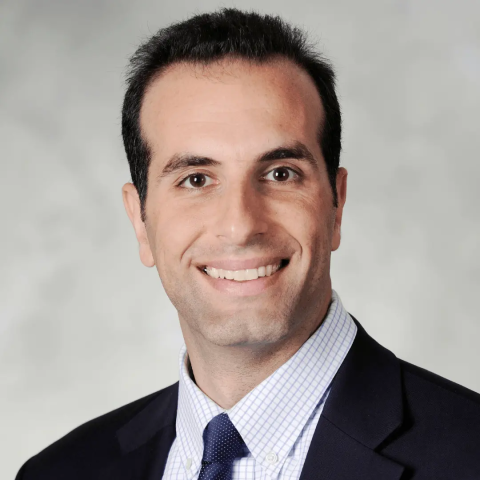
Morris Cohen received his B.S. and Ph.D. degrees in Electrical Engineering from Stanford University in 2003 and 2010, respectively, and served as a research scientist until August 2013. From September 2012 until August 2013, Dr. Cohen was appointed as AAAS Science and Technology Policy Fellow at the National Science Foundation.
In Fall 2013, he joined the faculty in the School of ECE. He is a winner of the NSF CAREER Award in 2017, the ONR Young Investigator Award in 2015, and was chosen for the Santimay Basu Prize in 2014, an award given once per 3 years to an under-35 scientist by the International Union of Radio Science (URSI).
Dr. Cohen is interested in the natural electricity of the Earth, including lightning, the electrically charged upper atmosphere, and the radiation-filled space environment. He uses radio waves at low frequencies measured all around the world to understand them, and develops resulting practical applications. His group also works on novel techniques to generate low frequency waves with nonconventional electrically-short antennas. He is an author of more than 60 journal publications. He employs a “flipped classroom” model in some of his courses to make the experience more active and engaging.
He enjoys hiking, cooking, and traveling the world for work and play with his family.

Marilyn Brown is a Regents' and Brook Byers Professor of Sustainable Systems in the School of Public Policy. She joined Georgia Tech in 2006 after a distinguished career at the U.S. Department of Energy's Oak Ridge National Laboratory, where she led several national climate change mitigation studies and became a leader in the analysis and interpretation of energy futures in the United States.
Her research focuses on the design and impact of policies aimed at accelerating the development and deployment of sustainable energy technologies, with an emphasis on the electric utility industry, the integration of energy efficiency, demand response, and solar resources, and ways of improving resiliency to disruptions. Her books include Fact and Fiction in Global Energy Policy (Johns Hopkins University Press, 2016), Green Savings: How Policies and Markets Drive Energy Efficiency (Praeger, 2015), and Climate Change and Global Energy Security (MIT Press, 2011). She has authored more than 250 publications. Her work has had significant visibility in the policy arena as evidenced by her numerous briefings and testimonies before state legislative bodies and Committees of both the U.S. House of Representatives and Senate.
Dr. Brown co-founded the Southeast Energy Efficiency Alliance and chaired its Board of Directors for several years. She has served on the Boards of the American Council for an Energy-Efficient Economy and the Alliance to Save Energy, and was a commissioner with the Bipartisan Policy Center. She has served on eight National Academies committees and is an Editor of Energy Policy and an Editorial Board member of Energy Efficiency and Energy Research and Social Science. She served two terms (2010-2017) as a Presidential appointee and regulator on the Board of Directors of the Tennessee Valley Authority, the nation’s largest public power provider. From 2014-2018 she served on DOE’s Electricity Advisory Committee, where she led the Smart Grid Subcommittee.
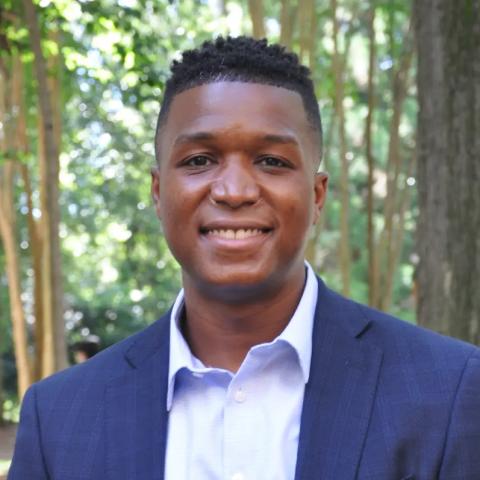
industrial ecology; climate change adaptation and mitigation strategies; sociodemographic impacts of the food-energy-water nexus; ethical applications in energy and environmental systems; urban carbon management strategies; life cycle assessment; scenario analysis; and survey administration; addressing the complex and ‘wicked’ challenges of our time
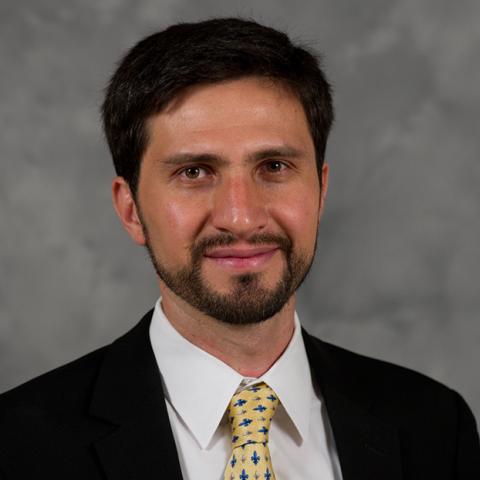
Baabak Ashuri is Professor in Schools of Building Construction, and Civil & Environmental Engineering, and Fellow of Brook Byers Institute for Sustainable Systems at Georgia Tech. His research/teaching occupy a distinctive position, bridging the fields of building construction, civil and environmental engineering, economics, and operations research. His work has focused on Quantitative Methods for Construction Engineering and Management with important contributions in the areas of construction analytics, innovative project delivery, and valuation of green-energy investments. He has 159 publications, including 44 refereed-journal papers, and secured $6.77M funding from NSF, FHWA, DOE, CII, GDOT, and Perkins+Will, to name a few. The impact of Dr. Ashuri’s research was recognized by several awards (CII/FIATECH Outstanding Early Career Researcher, ASCE Thomas Fitch Rowland, ASC National Research Faculty, DBIA Distinguished Leadership, and AASHTO High-Value Research “Sweet Sixteen”). Dr. Ashuri has chaired the ASCE Construction Research Council (CRC) and currently serves on the ASCE Construction Institute (CI) Board of Governors.

Dr. Omar I. Asensio is an Assistant Professor in the School of Public Policy at the Georgia Institute of Technology. His research focuses on the intersection of big data and public policy, with applications to energy systems and consumer behavior, smart cities, and machine learning in transportation and electric mobility. He directs the Data Science and Policy Lab at Georgia Tech, where he collaborates with the private sector and city governments on data innovations in policy analysis and research evaluation. He is a faculty affiliate at the Institute for Data Engineering and Science (IDEaS), the Machine Learning Center, and the Strategic Energy Institute. Dr. Asensio’s research has been published in leading journals such as Nature Energy, Nature Sustainability, and PNAS. His work uses statistical and computational tools to advance our understanding of how large-scale civic data and experiments can be used to increase participation in civic processes, while addressing resource conservation and environmental sustainability. Dr. Asensio’s research also has been featured in policy advisory communications by the European Commission, NSF Public Affairs, the World Bank, and national governments — including the U.K., and the IndiaAI initiative.
Dr. Asensio is a member of the New Voices 2021-2023 cohort of the National Academies of Sciences, Engineering and Medicine. He is a recipient of the National Science Foundation CAREER award, the Association for Public Policy Analysis and Management (APPAM) 40-for-40 fellowship, and the ONE-NBS Research Impact on Practice award by the Organizations and the Natural Environment (ONE) Division of the Academy of Management. Dr. Asensio serves as Associate Editor of Data and Policy journal published by Cambridge University Press. He holds a doctorate in environmental science and engineering from UCLA with field specialties in economics. He is a faculty participant in the Research University Alliance (RUA) Research Exchange and is engaged in multiple activities to increase the representation of women and under-represented students and professionals in STEM fields.